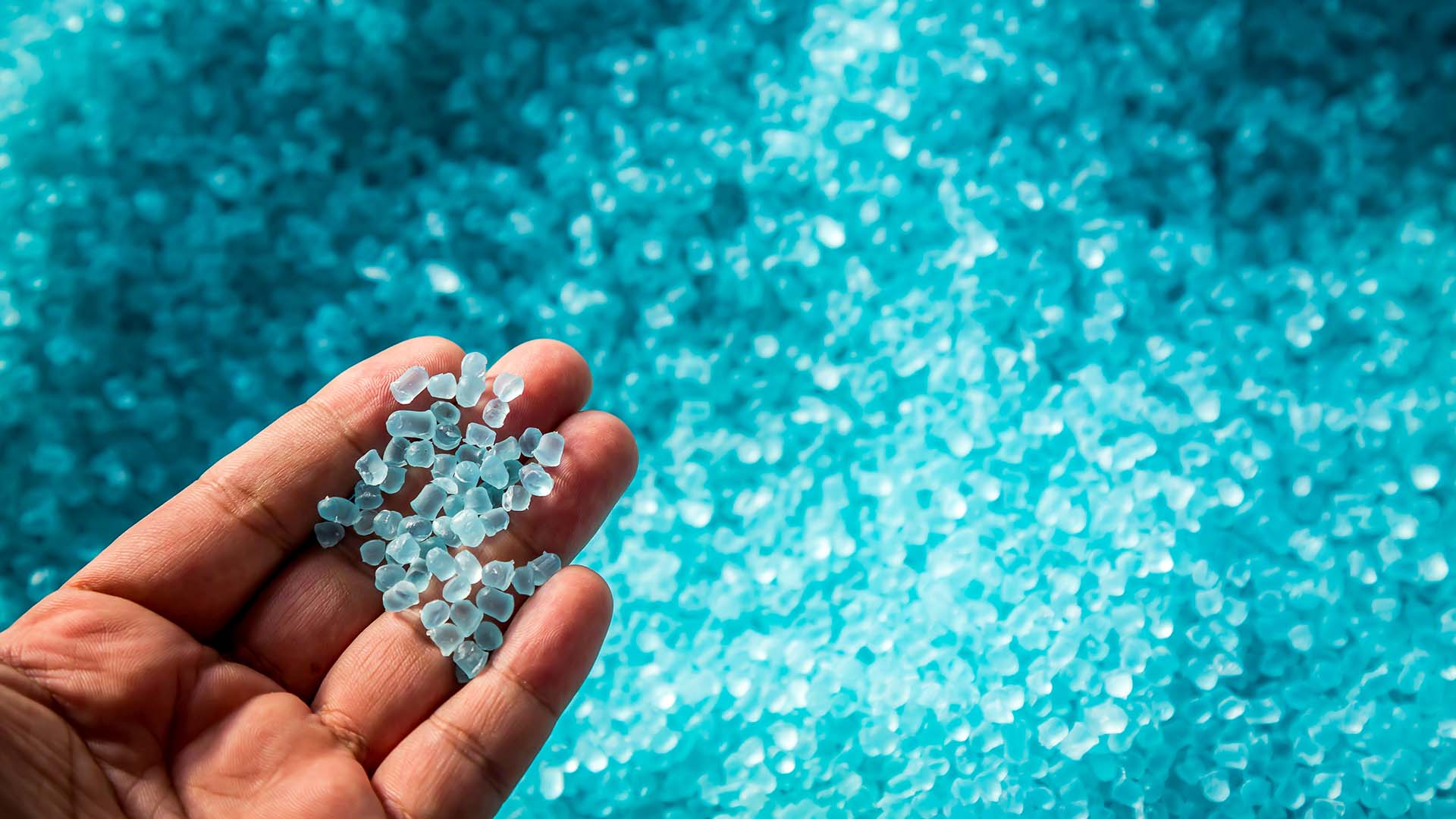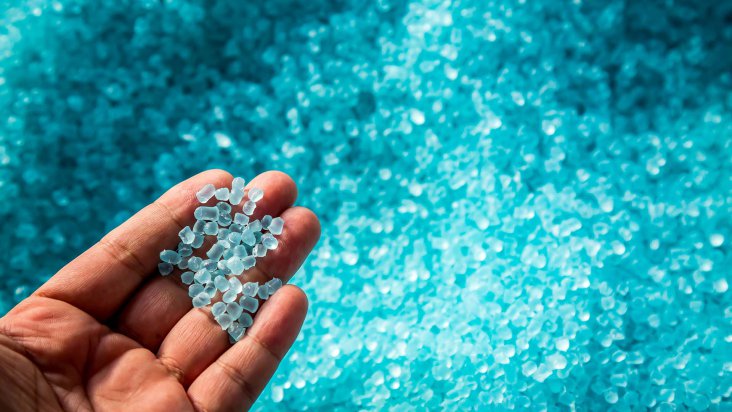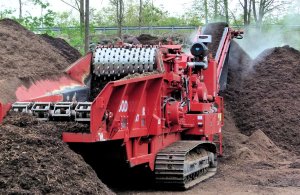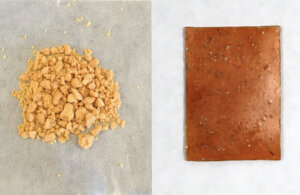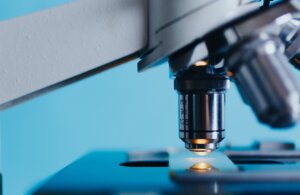When plastics of different chemical compositions are recycled together, the end product is often weaker. (Credit: Extarz/Shutterstock)
Plastic wasn't born to be recycled acoording to an article on mnn.com.
Ever since 1909, when chemist Leo Baekeland developed Bakelite — the first real synthetic, mass-produced plastic — scientists have relied on an entirely unnatural process for making the stuff.
Before then, scientists were trying to make a durable, light material using rubber latex from plants or shellac from beetle secretions. Even celluloid was made mostly from plant cellulose.
But while crude oil remains a key component, plastic just has too many other prickly chemical properties to go easily back to the earth from whence it came. Blame it on additives — dyes, fillers and flame retardants.
All this may account for our woeful inability to control it today.
But scientists at Berkeley Labs have developed a new strain of plastic that they say has all the vaunted properties of modern polymers — but also happens to be 100 percent recyclable.
In a study published in April in Nature Chemistry, the team describes a new type of plastic that can be broken down at the molecular level. As a result, that plastic can be fully recovered and made into new items as pristine as the original.
"Most plastics were never made to be recycled," lead author Peter Christensen from Berkeley Lab's Molecular Foundry noted in a statement. "But we have discovered a new way to assemble plastics that takes recycling into consideration from a molecular perspective."
If you had a recycling bin full of items made from that new plastic, all of it would end up in someone else's recycling bin and then someone else's bin forever and ever.
Of course, the key would be to make sure it ends up in that bin. Rather than, say, the Indian Ocean. At the very least, the Berkeley team suggests, the new plastic could dramatically ease the burden on landfills and even make the all-too complicated business of recycling a lot smoother.
A big reason why recycling often falls short, the researchers note, is due to the additives. The recycling process is often gummed up by chemicals that stick to monomers — the small compounds that fuse to become polymers. As such, it's hard to scrub those polymers clean at the recycling plant. Ultimately, plastics with differing chemical compositions are all lumped together at the plant, making it impossible to predict what the recycled product will look like.
And, as the team notes in the release, durability of that recycled product suffers. Plastic doesn't get a lot of rides on the recycling train before it becomes essentially useless.
Enter the new plastic — a material the Berkeley team dubs polydiketoenamine, or PDK. Unlike the traditional stuff, an acid bath is all that's needed to scrub its monomers clean from all those clingy additives. From there, those basic monomers form the building blocks of the next plastic product — whether it's a water bottle or a kid's lunch pail. Because the plastic is broken down into its most basic components, and built up again, there is no loss in quality or durability.
Recycling could actually become the perfect circle it was envisioned to be.
